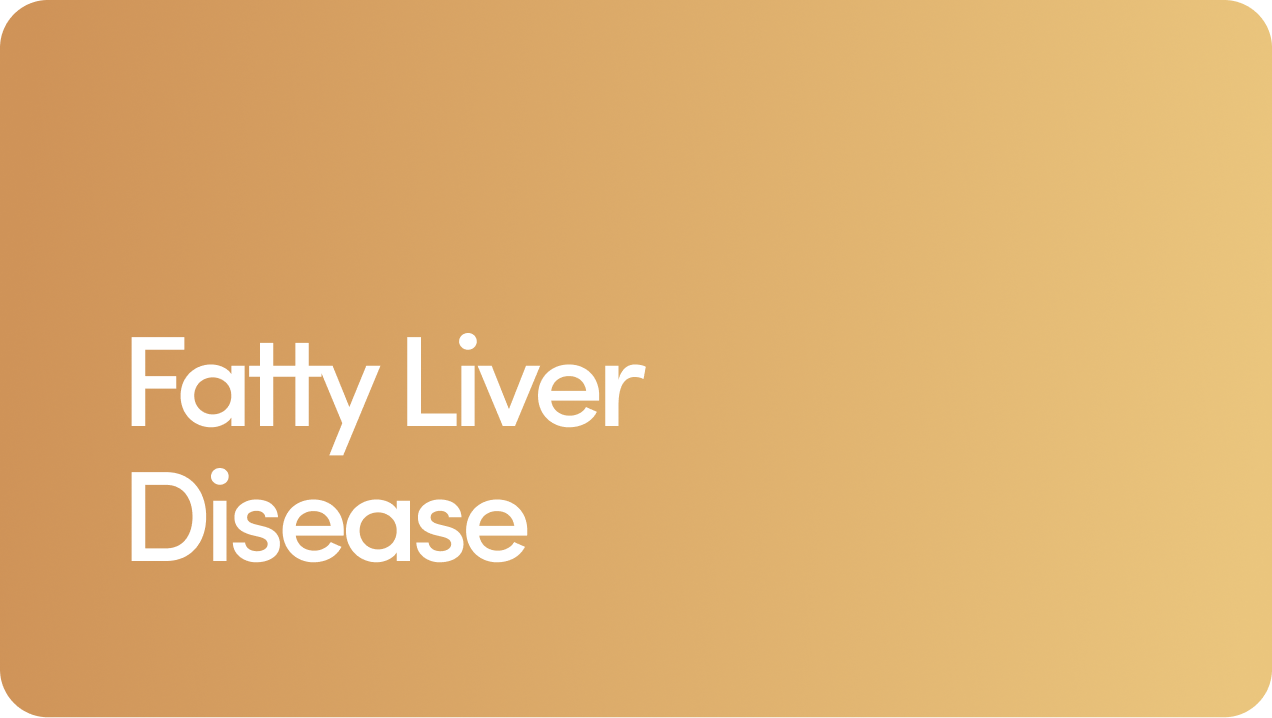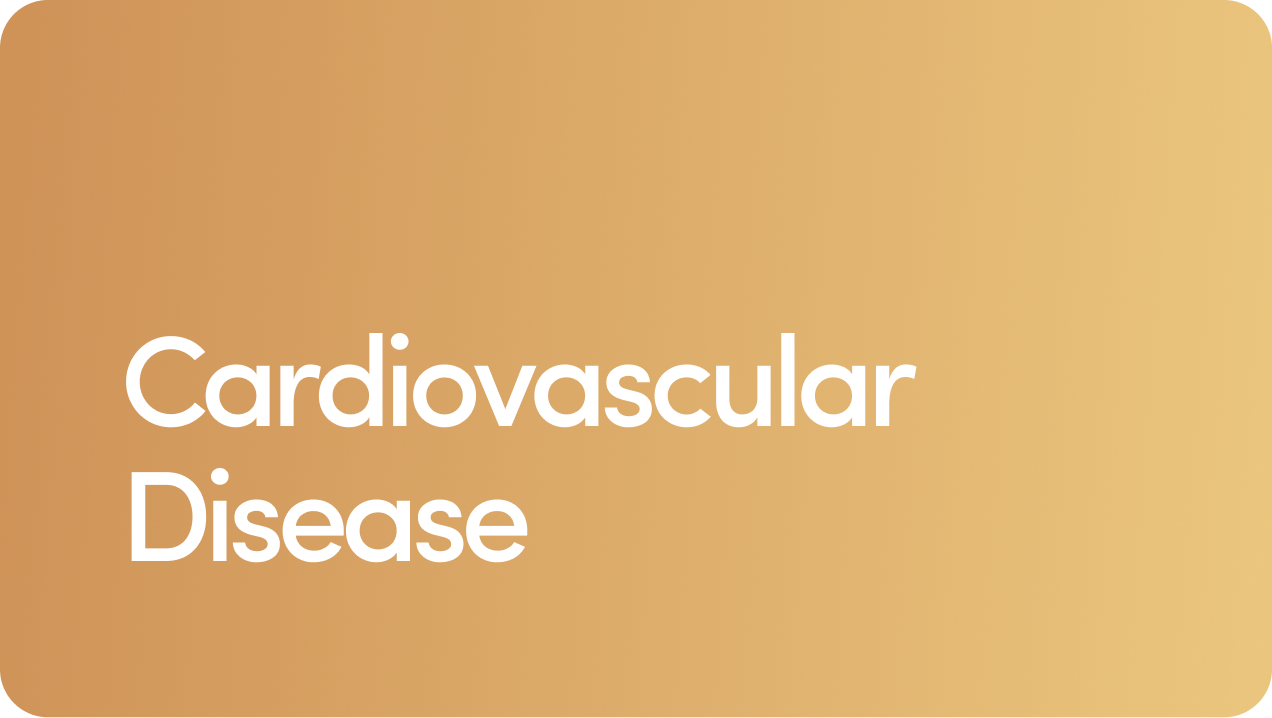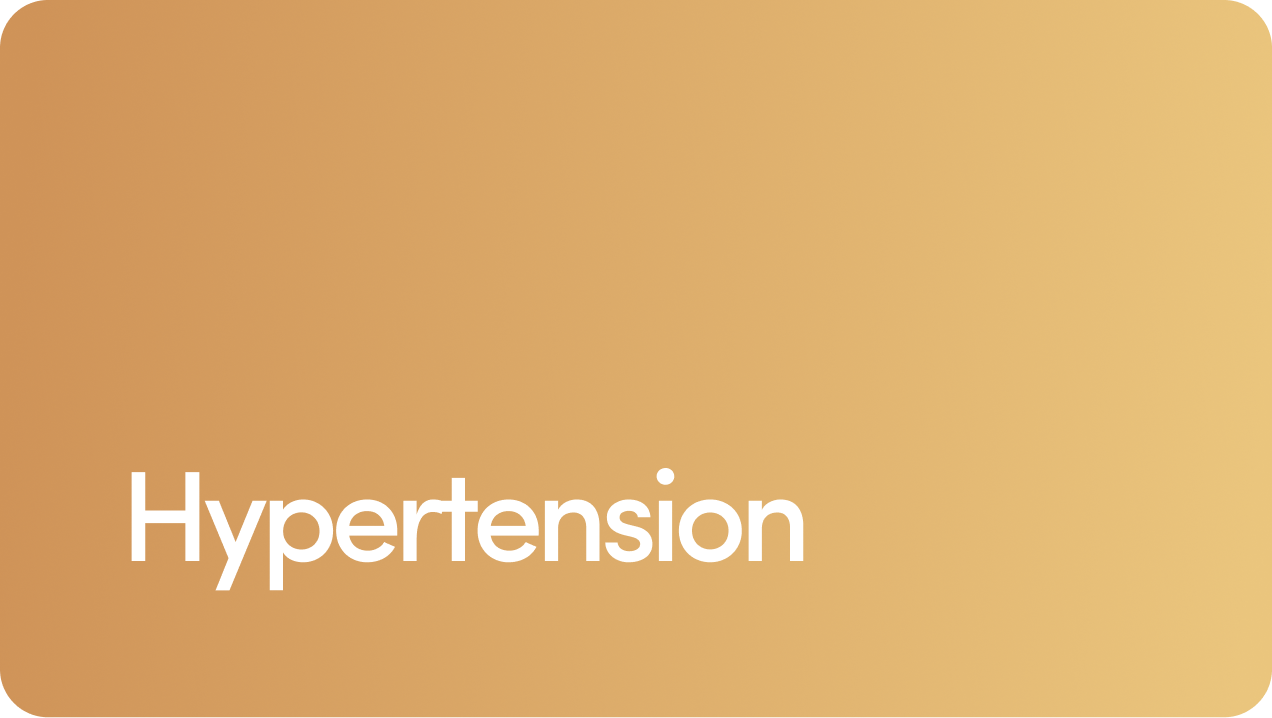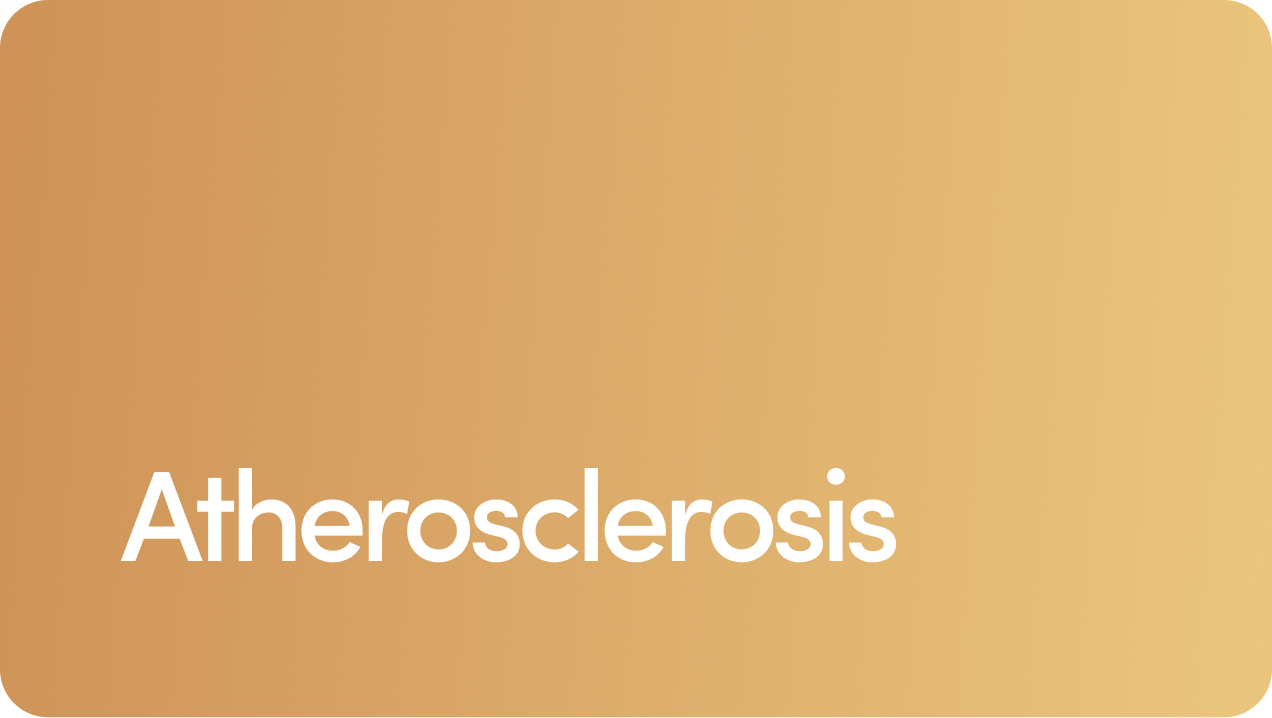Content
Weight loss treatment for where you are now
The Cost of Weight Loss Drugs With and Without Insurance

Key takeaways:
Weight loss drugs can cost $200 to $2,000 monthly, depending on the medication.
The cost of weight loss drugs also varies depending on where you get them.
Through Hims, you can access various weight loss medications at a variety of price points, so there’s something to suit your budget and health goals.
Weight loss medications can help kickstart a weight loss journey and improve overall health. But insurance providers don’t often cover them.
So, what’s the cost of weight loss drugs? It generally ranges from $200 to $2,000 a month. Costs vary depending on where you get your medication, whether you can get insurance coverage, and, of course, which medication you go for.
Read on to learn more about the costs of weight loss medications.
Content
Without insurance, weight loss drugs can cost $200 to $2,000 per month. The cost depends on which weight loss medication you go for and where you get it.
You may also need to pay for initial consultations with a healthcare provider, lab tests, or follow-up appointments.
Here’s a breakdown of the cost of several popular weight loss medications, looking at the price you might find in pharmacies and on telehealth platforms.
Medication | Pharmacy and telehealth platform price |
Ozempic® | $500–$1,800/month |
Wegovy® | $500–$2,000/month |
Rybelsus® | $975–$1,200/month |
Mounjaro® | $1,000–$1,900/month |
Zepbound® | $1,000–$1,900/month |
Generic liraglutide | From $299/month** |
Compounded semaglutide* | From $199/month** |
*Compounded drug products are not approved or evaluated for safety, effectiveness, or quality by the FDA. Prescription required.
**Paid upfront, in full. Actual price depends on product and plan purchased.
Cost of Oral Weight Loss Medications
The cost of oral weight loss medications can vary depending on which medication you get.
For example, through the Hims platform, you can access personalized oral weight loss kits. These kits include a combination of medications to suit your body. They can include:
Metformin
Naltrexone
Hims personalized weight loss kits start from $69 a month with a 10-month plan paid upfront in full.
Compounded drugs are often more affordable than brand-name weight loss drugs. Healthcare providers prescribe compounded medications for people with unique needs, like a personalized dosing schedule.
Weight Loss by Hims subscriptions that include compounded semaglutide* start from $199 a month with a 6-month plan paid upfront in full.**
There currently isn’t a generic version of semaglutide. You can, however, get generic liraglutide.
Through Hims, you can access generic liraglutide from $299 a month on a 12-month plan paid upfront in full.
*Compounded drug products are not approved or evaluated for safety, effectiveness, or quality by the FDA. Prescription required.
**Actual price depends on product and plan purchased.
With insurance, the cost of weight loss drugs varies depending on your plan. Your policy may cover the entire cost of your medication, or you may need to pay a copay or meet a deductible.
If you have coverage, you’ll also need to meet eligibility criteria. This often includes having a certain body mass index (BMI) and sometimes a weight-related health condition, such as:
Type 2 diabetes
High cholesterol (dyslipidemia)
High blood pressure (hypertension)
You might still have some out-of-pocket costs, even with insurance coverage. Some manufacturers have coupons to reduce these costs. Keep in mind, these coupons don’t last forever and can change at any time.
The kicker? Many health insurance providers don’t cover weight loss drugs — even if you meet eligibility criteria for the medication. Check your policy to find out if you could get coverage.
→ Learn more: Are Weight Loss Drugs Covered by Insurance?
Weight loss drugs can help people with overweight and obesity lose weight. But drug costs vary quite a bit depending on where you get the medication and, of course, which medication you’re looking at.
Here are the key points to keep in mind:
Weight loss medications vary in cost. Costs can range from $200 to $2,000 a month. You might take medication until you reach your goal weight and then beyond for long-term weight management — so costs can add up.
Insurance providers don’t usually cover weight loss drugs. Check your plan to be sure, but you might have to pay out of pocket for weight loss medication.
Compounded, generic, and oral medications are more affordable. For example, through Hims, you can access compounded semaglutide from $199 a month with a 6-month plan paid upfront in full.
When it comes to choosing the right weight loss treatment, cost is just one factor to consider. Side effects and your health, body weight, and personal preference all come into play, too. A healthcare provider can help you decide.
To start, take our free online weight loss assessment. A licensed healthcare provider will go over your answers and let you know if you’re eligible for weight loss medication and, if so, the best treatment for you.
FAQs
Get answers to frequently asked questions about the cost of weight loss drugs below.
What’s the average cost of weight loss drugs?
The average cost of weight loss drugs is about $1,000 a month, but costs vary widely. Brand-name GLP-1 (glucagon-like peptide-1) receptor agonist injections can cost up to $2,000 a month. Meanwhile, oral, generic, and compounded medications can cost about $70 to $300 a month.
Are weight loss medications safe?
Weight loss medications are safe for many people. A healthcare provider can look at your medical history and overall health to determine if a weight loss medication is safe for you.
Are weight loss drugs covered by insurance?
Weight loss drugs aren’t typically covered by insurance. Medicaid offers coverage in some states, but Medicare doesn’t. Insurance providers don’t cover off-label use. For example, you can’t get coverage when a type 2 diabetes drug like Ozempic® is used for a condition it isn’t FDA-approved for, like obesity or overweight.
12 Sources
- GoodRx. (2025). Mounjaro®. https://www.goodrx.com/mounjaro
- GoodRx. (2025).Ozempic®. https://www.goodrx.com/ozempic
- GoodRx. (2025). Rybelsus®. Rybelsus 2025 Prices, Coupons & Savings Tips - GoodRx
- GoodRx. (2025). Wegovy®. https://www.goodrx.com/wegovy
- GoodRx. (2025). Zepbound®. https://www.goodrx.com/zepbound
- Lilly Investors. (2023). FDA Approves Lilly's Zepbound™ (tirzepatide) for Chronic Weight Management, a Powerful New Option for the Treatment of Obesity or Overweight with Weight-Related Medical Problems. https://investor.lilly.com/news-releases/news-release-details/fda-approves-lillys-zepboundtm-tirzepatide-chronic-weight
- Lilly Investors. (2025). How much should I expect to pay for Mounjaro® (tirzepatide)? https://pricinginfo.lilly.com/mounjaro
- NovoCare. (2025). Find out the cost for Ozempic®. https://www.novocare.com/diabetes/products/ozempic/explaining-list-price.html
- NovoCare. (2025). Find out the cost for RYBELSUS®. https://www.novocare.com/diabetes/products/rybelsus/explaining-list-price.html
- NovoCare. (2025). What is the list price for Wegovy® and will it impact me? https://www.novocare.com/obesity/products/wegovy/let-us-help/explaining-list-price.html
- U.S. Food and Drug Administration. (2025). Current and Resolved Drug Shortages and Discontinuations Reported to FDA. https://www.accessdata.fda.gov/scripts/drugshortages/
- U.S. Food and Drug Administration. (2025). FDA’s Concerns with Unapproved GLP-1 Drugs Used for Weight Loss. https://www.fda.gov/drugs/postmarket-drug-safety-information-patients-and-providers/fdas-concerns-unapproved-glp-1-drugs-used-weight-loss
Editorial Standards
Hims & Hers has strict sourcing guidelines to ensure our content is accurate and current. We rely on peer-reviewed studies, academic research institutions, and medical associations. We strive to use primary sources and refrain from using tertiary references. See a mistake? Let us know at [email protected]!
This article is for informational purposes only and does not constitute medical advice. The information contained herein is not a substitute for and should never be relied upon for professional medical advice. Always talk to your doctor about the risks and benefits of any treatment. Learn more about our editorial standards here.
Darragh O’Carroll, MD
Basic Information
Full Name: Darragh O’Carroll MD
Professional Title(s): Board Certified Emergency Physician
Current Role at Hims & Hers: Medical Advisor
Credentials & Background
Education:
Bachelor of Science in Human Physiology - Boston University, 2007
Medical Doctorate - University of Hawaii John A. Burns School of Medicine, 2012
Training:
Internship & Residency - Los Angeles General + USC Emergency Medicine, 2016
Medical Licenses:
California, 2013
Hawaii, 2016
Board Certifications:
Experience & Expertise
Years of Experience: 14
Contributions to Hims & Hers
Medical Content Reviewed & Approved:
List pages or topics the expert has reviewed for accuracy
Media Mentions & Features:
Why I Practice Medicine
Health is never appreciated until it's gone. There’s nothing more satisfying than to save, change, or improve the health of someone in need.
Related Conditions
 Heart Attack
Heart Attack
 Diabetes
Diabetes
 Fatty Liver Disease
Fatty Liver Disease
 Cardiovascular Disease
Cardiovascular Disease
 Hypertension
Hypertension
 Atherosclerosis
Atherosclerosis